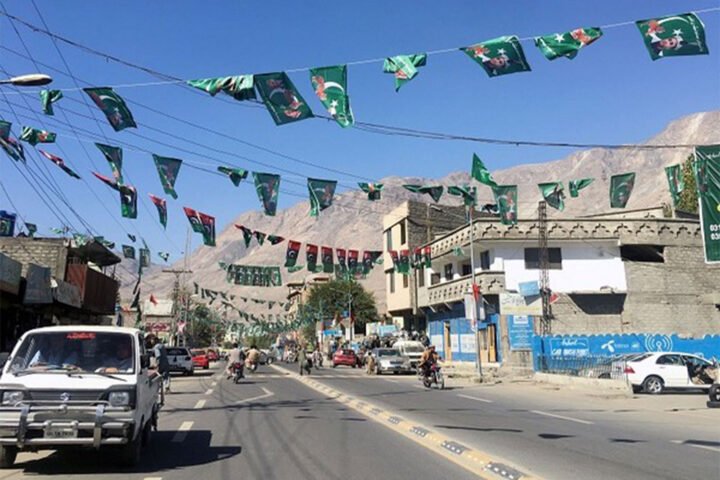China’s reckless expansion turning Tibet into a climate catastrophe, warns Stockholm report
Dharamshala (Himachal Pradesh) — China’s extensive infrastructure expansion, militarization, and resource extraction are driving the Tibetan Plateau into “severe ecological distress,” as highlighted in a recent study released by the Stockholm Centre for South Asian and Indo-Pacific Affairs ahead of COP30, reports 24brussels. The report warns that Tibet, often referred to as the “Roof of the World,” faces a critical environmental breakdown with far-reaching global consequences.
The study states that Tibet is warming at more than twice the global average, resulting in retreating glaciers and melting permafrost. The deterioration of grasslands, vital to major river systems in Asia, poses significant risks to nearly two billion people living downstream. The Stockholm report attributes this ecological crisis to Beijing’s state-controlled development model, characterized by rapid construction of highways, railways, airports, and hydropower dams, which often prioritizes military objectives over environmental sustainability. The lack of transparency from the Chinese government and suppression of independent environmental assessments has further exacerbated the situation.
Evidence supporting these findings is evident on the ground. In July 2025, China initiated construction of the Medog Hydropower Station on the Yarlung Zangbo (Brahmaputra) in Tibet, a $170 billion project aimed at producing substantial energy outputs. Although Chinese authorities assert minimal downstream impacts, concerns among India, Bangladesh, and several NGOs persist regarding potential disruptions to river ecology, water flow, and regional biodiversity. Experts are particularly apprehensive about the seismic risks associated with such large-scale projects, recalling the devastating earthquake in January 2025, which resulted in over 120 fatalities and damaged multiple reservoirs.
In addition to hydropower concerns, there is growing alarm over mining activities in Chamdo’s Markham County and the controversial fireworks display organized by the outdoor brand Arc’teryx, which is part-owned by China’s Anta Sports. Tibetan environmental advocates such as Tsongon Tsering and A-Nya Sengdra remain imprisoned for opposing illegal mining and corruption, underscoring the human toll of environmental activism under Chinese governance, as reported by Phayul.










